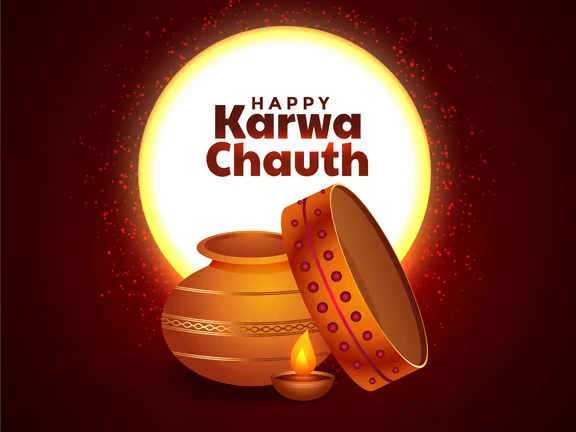Diwali 2023 Date: When is Deepawali? Things you need to know about Festival

Diwali is a five-day celebration observed in the Hindu lunisolar months of Ashvin and Kartika (mid-October to mid-November). The ancient calendar states that Diwali is celebrated annually on Amavasya or the fifteenth day of the month of Kartik. This year the festival of lights will fall on Sunday, November 12, 2023.
On the fifteenth day of the Hindu lunar-solar month of Kartik, people in India celebrate Diwali, a joyful occasion that is excitedly anticipated by almost everyone. This major celebration takes place on November 12th in 2023, making it a noteworthy and fortunate day. Diwali, also referred to as the “Festival of Lights,” is inextricably associated with themes of joy, prosperity, wealth, and zeal.
Being an incarnation of Lord Vishnu, one of the most well-known legends connected to Diwali is that of Lord Rama. After a 14-year exile, Lord Rama defeated the demon king Ravana and returned to his native Ayodhya. Ayodhya’s residents lit their surroundings with innumerable oil lamps (diyas) in honour of his return. It is still a highly valued custom to light lamps to mark Lord Rama’s return. Another meaning of Diwali connects it to the Pandavas, who defeated the Kauravas in a dice game and returned home after a year of hiding. The Pandavas had been exiled for 12 years.

Diwali 2023 Date and Muhrat
| Dates | Events |
| Diwali | 12 November 2023 |
| Laxmi Puja Muhurat | 04:21 PM to 06:02 PM |
| Amavasya Tithi Begins | 11:14 AM on Nov 12, 2023 |
| Amavasya Tithi Ends | 11:26 AM on Nov 13, 2023 |
Goddess Lakshmi, the embodiment of wealth and prosperity, is closely linked to this festival. Mythological stories state that Goddess Lakshmi materialised from the churning of the cosmic ocean called “Samudra Manthan.” This festival gains even more significance as she married Lord Vishnu, the man she had chosen as her spouse.
Diwali will be observed on Sunday, November 12, 2023. The moment just after sunset, or “Pradosh,” is the most auspicious time to perform the Diwali puja. The Amavasya Tithi (New Moon) occurring during Pradosh is the basis for choosing this time. It is thought that the most spiritually significant time to celebrate Diwali is during this brief window, which lasts for about 24 minutes, because of its auspiciousness.
India looks forward to Diwali 2023, the Festival of Lights, with great anticipation. Millions of people have a special place in their hearts for it, symbolising the triumph of good over evil and light over darkness. People from different places and backgrounds will gather to celebrate this happy occasion on November 12th this year. Deepavali, another name for Diwali, is a festival celebrated by spreading kindness, love, and positivity. The festival has its roots in the rich mythology and culture of India, including tales of Goddess Lakshmi’s birth from the cosmic ocean’s churning and Lord Rama’s return from banishment.
All who celebrate Diwali benefit from its light, happiness, and prosperity. It represents the victory of knowledge over ignorance and the triumph of good over evil.

About All 5 Days of Diwali
Date |
Day |
Event |
10 November 2023 |
Friday |
Dhanteras |
11 November 2023 |
Saturday |
Chhoti Diwali |
12 November 2023 |
Sunday |
Diwali |
13 November |
Monday |
Govardhan Puja |
14 November |
Tuesday |
Bhaiya Dooj |




